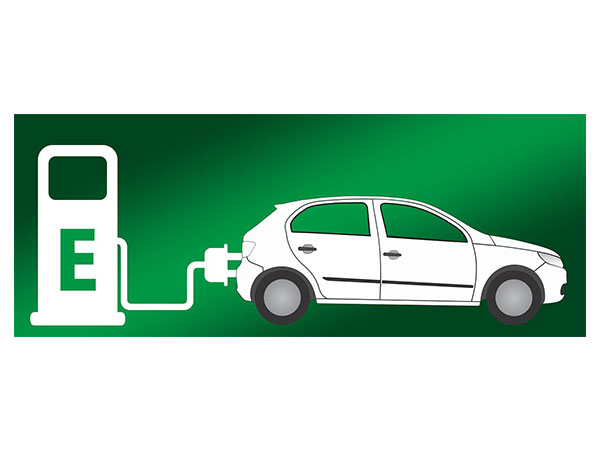Major Shift: 64% Consumers Lean Towards Electric Vehicles for Future Purchases
A new study by Tata Consultancy Services reveals that 64% of consumers are inclined to buy electric vehicles (EVs), marking a pivotal moment in sustainable transport. However, the report also highlights challenges such as affordability and charging infrastructure. Regional adoption rates vary, with American consumers showing higher interest.

- Country:
- India
In a groundbreaking study unveiled at the Detroit Auto Show, Tata Consultancy Services (TCS) reports that 64% of consumers are now likely or very likely to choose an electric vehicle (EV) as their next purchase. This shift underscores a significant milestone in the global move toward sustainable transportation. The study, titled the Future-Ready eMobility Study 2025, surveyed over 1,300 respondents from North America, the United Kingdom, Continental Europe, and the Asia-Pacific region. It captures insights from a diverse group of stakeholders, including consumers, manufacturers, fleet operators, and influencers in EV adoption, indicating a growing trend driven by environmental considerations and cost savings.
Sustainability stands out as a key motivation for transitioning to EVs among both consumers and industry influencers. Notably, 63% of influencers aim to achieve net-zero targets through EV adoption. For commercial fleets, reducing operational costs is a compelling factor, with 53% of fleet adopters citing financial benefits as their primary reason for the electric shift.
Nevertheless, the study highlights ongoing consumer concerns. Approximately 56% of respondents are willing to spend up to USD 40,000 on an EV, yet affordability and charging infrastructure remain significant barriers. A lack of sufficient charging networks emerged as a major issue for 60% of consumers and 74% of manufacturers, highlighting the urgent need for enhanced investment in this area.
Regional differences in EV adoption are apparent. While 72% of U.S. consumers express a likelihood to opt for EVs, this figure drops to 31% in Japan. As for range expectations, 41% of consumers deem a range of 200-300 miles per charge acceptable, whereas 31% prefer a 300-400 mile range. Commercial fleets display a positive outlook, showing a greater willingness to pay a premium for EVs compared to traditional internal combustion engine vehicles.
Despite the promising trends, the industry confronts several critical challenges. Charging infrastructure, affordability, and technological progress in enhancing battery performance remain pivotal. A vast majority—90%—of manufacturers believe advancements in battery range and charging speed will substantially influence EV design and performance.
Over half of the manufacturers, 55%, are channeling resources into battery research and development, with 78% concentrating on reducing vehicle costs to cater to growing consumer demand. Earl Newsome, Global Chief Information Officer at Cummins, hailed the transformative potential of electric mobility, stating, "The future of mobility is electric, connected, and sustainable—a transformation that will redefine industries and communities alike."
(With inputs from agencies.)










